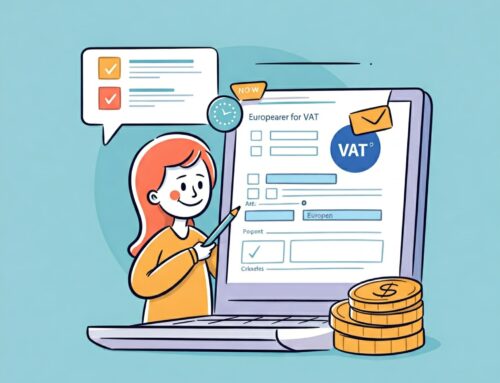This article has been written after the the substantial change in VAT regulation of July 2021.
1. Why Belgium is a Prime E-commerce Market:
- High internet penetration and tech-savvy population.
- Strategic location in Europe.
- Strong logistics infrastructure.
2. VAT Registration Requirements in Belgium:
- Previously: Country-specific threshold of €35,000 for distance selling.
- Now: EU-wide threshold of €10,000 implemented since July 2021.
- Mandatory for businesses supplying goods/services in Belgium.
- Non-Belgian companies must register if they carry out taxable transactions.
3. Necessary Documentation for VAT Registration:
- VAT certificate or proof of taxable status.
- Memorandum and Articles of Association.
- Extract from the national trade register.
- Evidence of business activities in Belgium (e.g., order forms, contracts).
4. Where to Submit VAT Registrations:
- Local VAT office for companies established in Belgium.
- Central VAT Office for Foreign Taxpayers (BCAE) for non-resident companies.
5. Processing Time for VAT Registration:
- Typically takes 3-4 weeks after document submission.
6. Understanding Belgian VAT Rates:
- Standard rate: 21%
- Intermediate rate: 12%
- Reduced rate: 6%
- Zero rate: 0%
7. VAT Number Format in Belgium:
- 10-digit number starting with ‘BE’.
- Includes type of legal entity and unique identification number.
8. Tax Authorities in Belgium:
- Federal Public Service Finance (FPS Finance) for federal taxes.
- Regional tax authorities for regional taxes.
9. Consequences of Late Registration:
- Fines and penalties for late registration and VAT due.
10. Getting Help with VAT Registration:
- Free consultations and support available for uncertain or ready-to-register businesses.
Belgium’s VAT system is crucial for businesses engaging in e-commerce and other commercial activities within the country. Understanding and complying with the VAT registration process, rates, and authorities are essential for smooth operations and avoiding penalties.





